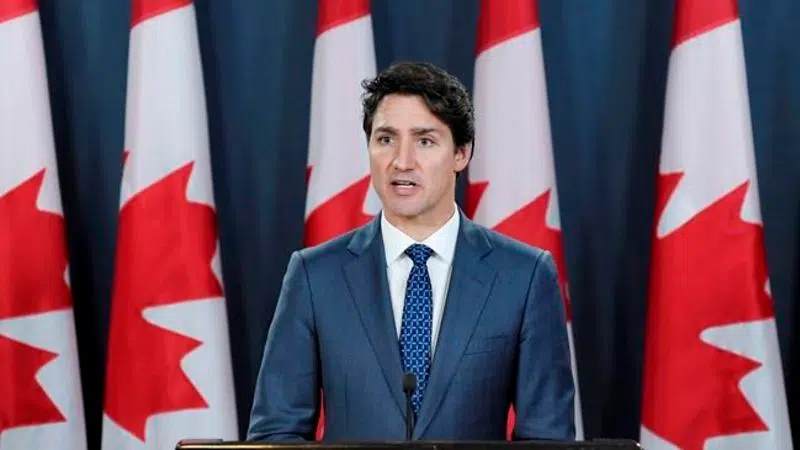
Trudeau regrets negative tone of campaign, promises co-operation ahead
OTTAWA — Prime Minister Justin Trudeau expressed regret Wednesday for the nastiness of the federal election campaign and vowed to find a way to work co-operatively with other parties in the next Parliament.
Trudeau was sent back to Ottawa with a diminished government in Monday’s vote, winning the most seats but not enough to form a majority government. He said he has no plans to establish a formal coalition with any other parties, but that he heard loud and clear the message Canadians sent him.
“Canadians gave me a lot to think about on Monday night,” he said, adding that voters’ expectations are that his government work with other parties on key priorities of affordability and climate change.
“I am going to take the time necessary to really reflect on how best to serve Canadians and how to work with those other parties. I think that’s what the people who voted for me and the people who didn’t vote for me expect.”


